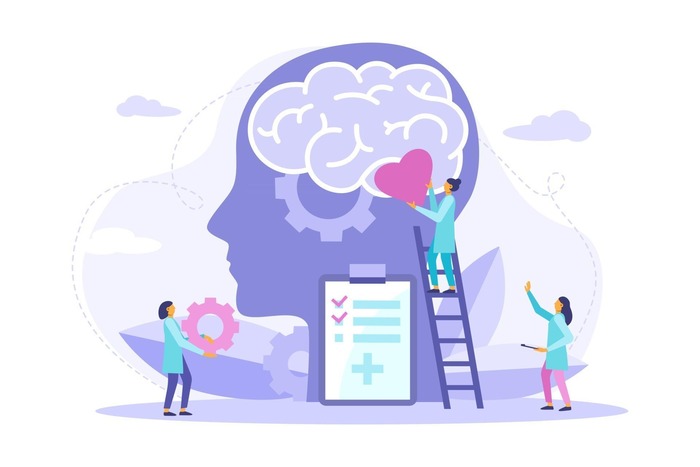Feeling overwhelmed by the endless stream of information online? In today’s constantly connected world, it’s easy to get stressed out trying to process so many digital inputs. However, with some intentionality, we can tap into technology’s benefits without compromising our mental health.
This post explores habits and boundaries that can help filter out the noise and stay grounded. By practicing mindfulness, setting priorities, and not getting caught up in the information flow, we can foster well-being.
As CyberGhost’s piece on navigating the world of digital overwhelm discusses, a little moderation goes a long way. With a mindful and conscious approach, we can still reap the upside of being informed without getting lost in overload.
How Information Overload Can Take Toll on Your Mental Health
With the rise of the 24/7 digital age, information overload has become a growing issue. Studies show the average person takes in the equivalent of 174 newspapers worth of content daily. This can take a real toll on your mental health in the following ways:
- Too many inputs compete for our finite attention, leading to mental fatigue. It becomes hard to focus or think deeply with constant distractions and interruptions.
- The relentlessness of modern news and social media fosters FOMO and anxiety. There’s pressure to keep up with endless information, yet no one can possibly process it all. This contradiction is a recipe for stress.
- Our devices offer a constant stream of distraction. Even the briefest breaks to glance at texts or notifications fractures focus. This constant disruption and multitasking strains mental stamina.
Causes and Sources of Excess Information:
A. Digital Inundation
Our always-on digital lifestyles mean we can access information 24/7 through our devices. This constant connectivity provides more ways to plug into news, social feeds, videos, and articles at any time. It’s easy to get caught in an endless scroll.
B. Constant Notifications
From social pings to work emails, notifications keep pulling our attention. The constant alerts disrupt focus and keep our devices always within reach. Just the anticipation of messages can distract our minds.
C. Too Much News to Process
The faster pace of the modern news cycle brings more current events and headlines to process daily. This can foster a stressful “always informed” mindset.
D. More Media, More Problems
With endless entertainment options at our fingertips, it’s easy to overindulge in streaming shows, movies, games, and videos as mindless distractions. Moderation helps avoid overload.
E. Data Overload
The exponential growth in digital data and storage means more is created, captured, and shared than ever before. Processing the massive influx of information taxes our mental focus.
F. Ads and Recommendations
The algorithms behind ads and recommendations flood our feeds with promoted posts, products, and suggested content. While sometimes useful, the barrage of marketing and suggestions adds to information overload. Just because something is recommended does not mean it warrants our limited attention.
Mindfulness Tips and Habits You Need to Practice
With so many sources vying for our attention, being more mindful and intentional in how we engage with information is crucial. Practicing even small habits can help limit overload.
1. Create Device-Free Zones
Set specific times, places, or activities that are completely tech-free. For example, no phones during dinner or one tech-free hour before bed. Setting these clear boundaries helps us unplug.
2. Focused Attention
When using tech or doing focused work, aim to single-task instead of multitasking. Give your full attention to one activity at a time without distractions or task-switching.
3. Take Mindful Breaks
Build in frequent breaks to disconnect from devices, breathe deeply, stretch, or meditate. Even short mindful breaks of a few minutes can reset attention.
4. Limit Multitasking
Constant task-switching and multi-screening fracture attention and strain mental stamina. Consciously focus on one task at a time.
5. Recenter with Reflection
Take moments for stillness, reflection, and being fully present without distractions. Activities like journaling, walking, or yoga can help you recenter your focus.
Parting Words (of Wisdom)
Finding balance and perspective amid the influx of information today requires intention. By being mindful, setting boundaries, and focusing on what matters most, we can tap into technology’s upside while safeguarding our mental bandwidth. Though constant information is here to stay, with the right approach we can keep our heads clear and priorities aligned.


